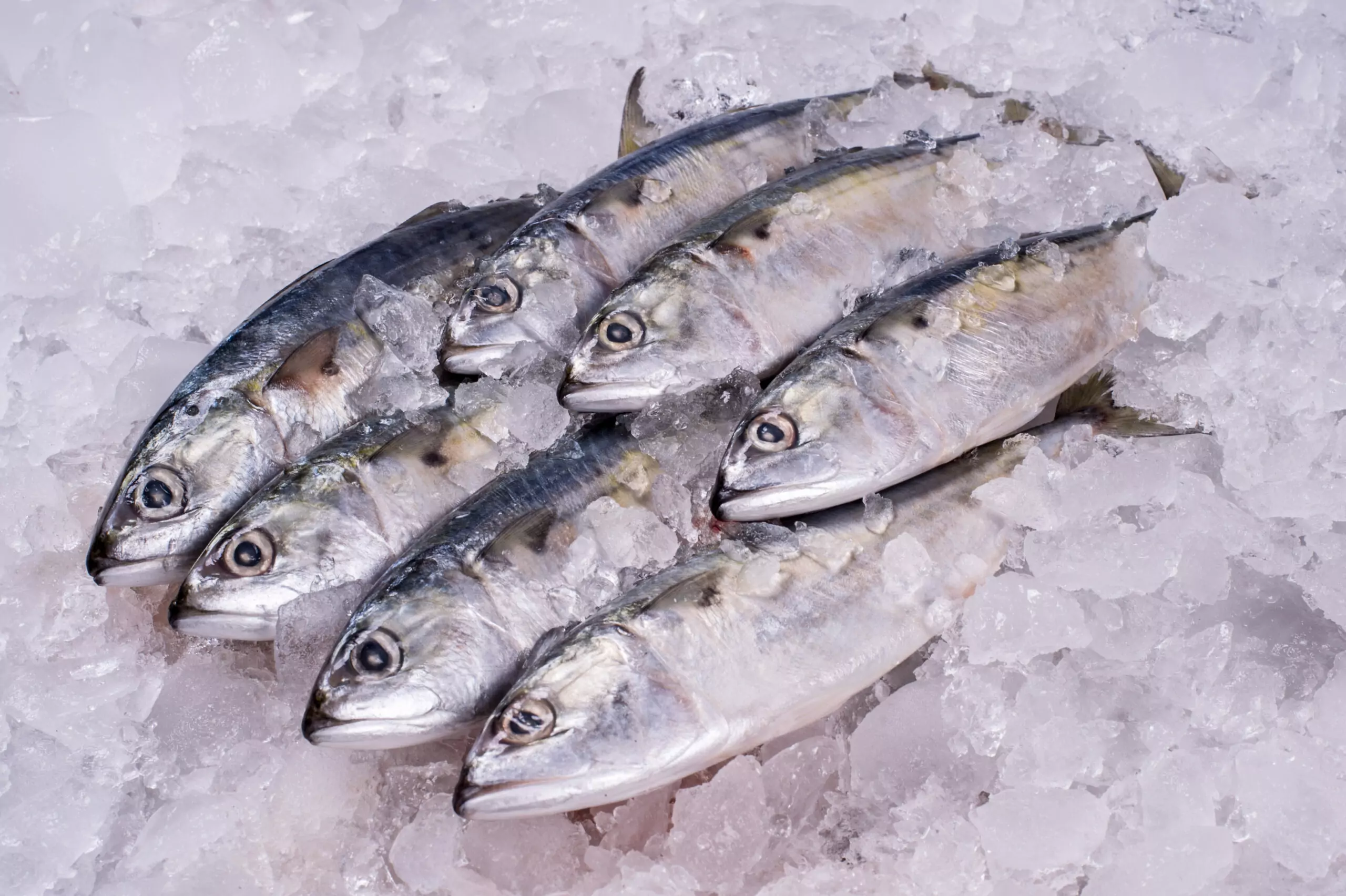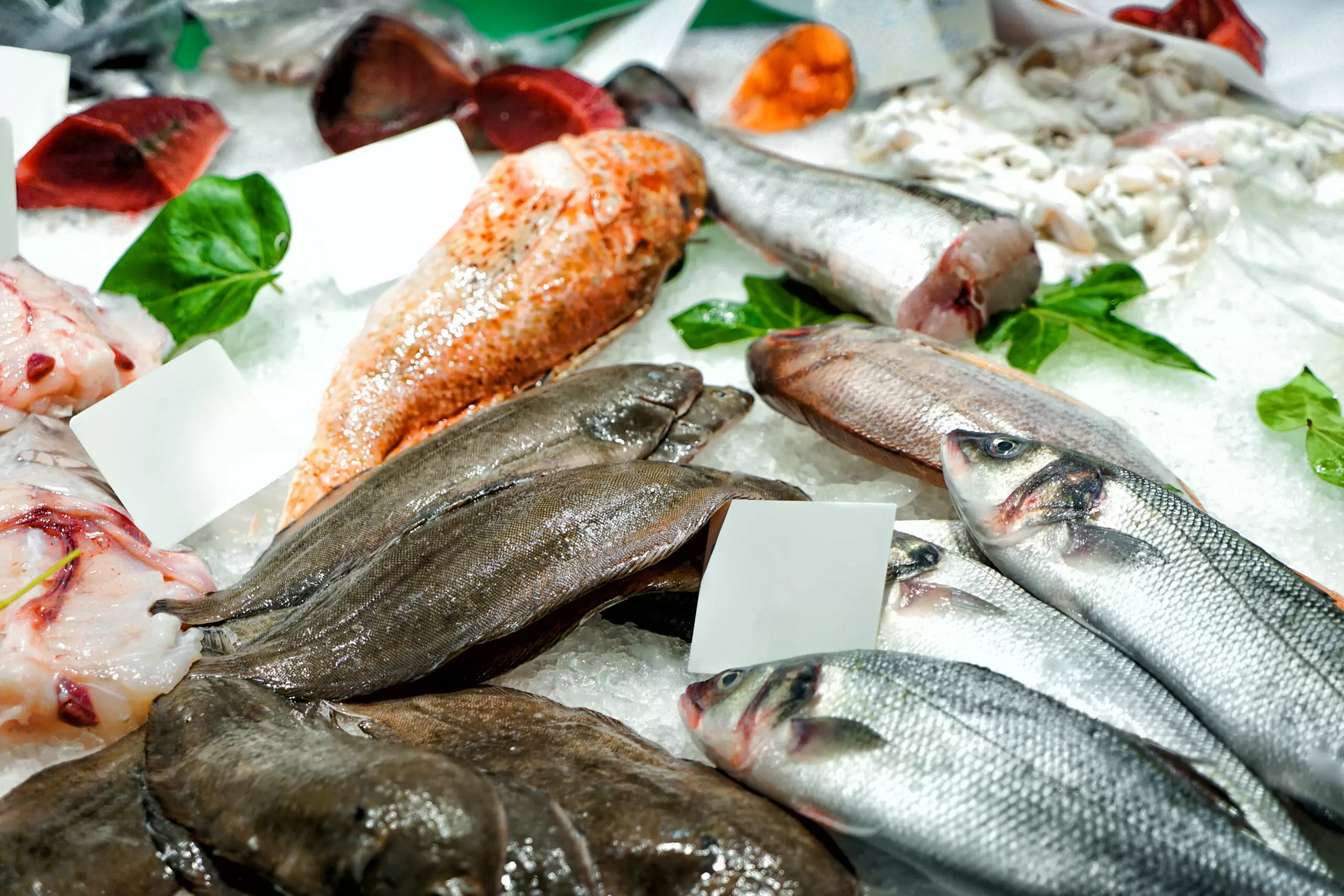“Unless we practice conservation, those who come after us will have to pay the price of misery, degradation, and failure for the progress and prosperity of our day.” – Gifford Pinchot
The human soul is in love with the natural world. It gives us joy to see a baby duck waddle after its mother. Peace comes over us when a butterfly perches on a leaf and flutters delicate wings. We are stricken with awe at the raw power of a horse galloping across a field. One part of the natural world is marvelously magic for the soul – the ocean. We wonder at the secrets held beneath the waves and how the plethora of life within came to exist.
One creature of the ocean has held both our fear and wonder ever since our first encounter – the shark. There are over 400 species of sharks in the world, each with their own unique traits. Sharks have existed for 450 million years – much longer than mammals and even dinosaurs. They have evolved into the ultimate killing machines of the ocean, with sleek powerful bodies and seemingly countless teeth. The thresher shark in particular has attracted a growing base for ecotourism on the little island of Malapascua.
Yesterday we spoke of the destructive fishing that threatens the reefs off this island – it is not the only activity that causes mass destruction of corals. Every year, hordes of tourists flock to the island to catch glimpses of the beautiful sharks. Sadly, these tourists are destroying the very habitat where the sharks thrive.
Monad Shoal is a seamount – an underwater mountain – that rises over 600 feet from the depths of the seafloor. It is laden with corals which provide habitat for fish, including cleaner wrasse and moon wrasse. These tiny colorful fish have a very important ecological role. They clean parasites off of thresher sharks and rays.
The seamount has various “cleaning stations” where a shark or ray can pull up and be quickly plucked clean. It is a beautiful example of mutualism, of nature in harmony and balance. The wrasse get a meal and the sharks get clean.
Monad Shoal is famous for being the only place in the world where divers can see thresher sharks every single day. It is listed as one of the best dive sites in the Philippines, a “must-see” ecotourism site for any ocean enthusiast. So divers come from all over the world to see the sharks, lending to a boom in Malapascua’s economy. Less than 15 years ago, there was one dive center that consisted of a hut with a single banca. Now there are 14 dive centers that have grown into luxury resorts, each one boasting its own fleet of dive boats.
It has been a blessing for the little fishing island. A once-poor economy has flourished and many filipinos are employed as dive guides and instructors for the ecotourism industry. However, it has not been so beneficial for the sharks.
When the divers descend to the cleaning stations, they must sit and wait for the sharks to appear. Literally they sit on the corals. Dozens of divers lie on the fragile reefs every day, pulverizing the coral homes of the little cleaner fish. The cleaning stations are slowly obliterated over time, mashed into rubble by the very people who come to enjoy the natural beauty of the seamount. If there are no more corals, there can be no more cleaning fish. Eventually, there will be no more sharks.
Imagine that you come across a beautiful little hummingbird feeding on the nectar of a flower. To get a closer look, you decide to rip the flower out of the ground and bring it closer. It is completely counterintuitive – the frightened hummingbird flies away and all you have left is a dying flower. Now, imagine that you bring all your friends to see the spectacular hummingbirds; days go by and soon all the flowers have been pulled out or trampled to dust and the little birds are gone forever. It is irresponsible, careless, destructive, and completely unnecessary – much like the devastation of coral by divers at Monad Shoal.
It is doubly frustrating in that the problem can be quickly and easily solved, simply by the divers exercising proper buoyancy techniques to float in place. In this way, they can still view the sharks but they do not touch the corals beneath. Unfortunately, not many divers are well-versed in proper buoyancy. All it takes to remedy the problem is education.
The marine conservation group Green Fins is acting now to stop the total annihilation of the reefs of Monad Shoals. As part of a United Nations Environment Program, Green Fins Coordinators stay on the island for six weeks and intensively train each dive center. They provide these completely free trainings for dive guides and instructors on how to give effective dive briefings for visiting tourists. The briefings outline proper diving techniques, as well as many things divers should NOT do, including: touching wildlife, stirring up sediment that can choke corals, feeding fish, and dropping anchors on sensitive coral. The trainings include a host of other environmental information as well – such as where to dispose of oil and batteries, which type of boat motors are most environmentally friendly, how to report coral bleaching and the dangers of plastic pollution.
The trainings focused on providing a dive briefing that is concise, to the point, and effective. However, the dive guides do not like to tell their guests what they can or cannot do, or correct bad behavior – they believe this leads to fewer tips and possible confrontations. The reality is that most of these divers would correct their behavior if only someone told them to do so. Green Fins has been established in other sites around the Philippines and Southeast Asia and have seen great improvements in both the behavior of dive center guides and tourists and environmental improvements in areas where trainings occurred.
Participating dive centers are rewarded with a UNEP certification and become part of a prestigious diving community. To maintain this certification, they are assessed each following year to make certain they are following the Green Fins Code of Conduct and minimizing their environmental impact.
The dive centers on Malapascua happily received this training. They understand that the cleaning stations of Monad shoal – the source of their prosperity and livelihoods – are in grave danger. Now it is in their hands to continue the marine conservation work and preserve ecotourism.
Everything is connected. Protect the corals, the wrasse will flourish, the thresher sharks will keep coming, and the tourists will continue to seek the sharks. Humans must achieve the same balance as nature. We must learn how to enjoy the natural world without leaving destruction behind – this is the perfect idea behind ecotourism. If we cannot find our equilibrium, then future generations will pay the price of our carelessness and never be able to experience the beauty of places like Monad Shoal. Protect our future, their future, by supporting environmentally friendly businesses like Pucci Foods.


